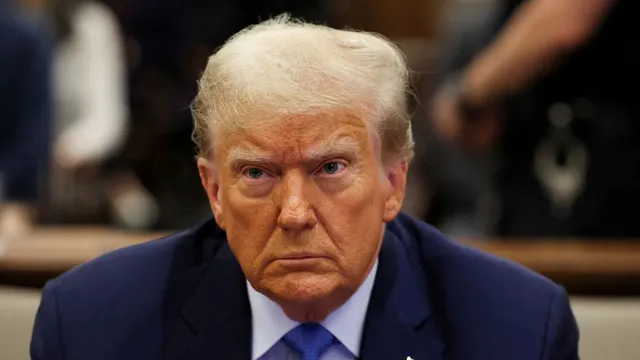- By Shivangi Sharma
- Wed, 19 Nov 2025 10:51 AM (IST)
- Source:JND
The US Congress has moved with unity to force the release of the long-sealed Jeffrey Epstein case files, setting up a high-stakes test for President Donald Trump as political pressure intensifies. On Tuesday, the House voted 427–1 to approve a bill compelling the Department of Justice to make the Epstein documents public. Minutes later, the Senate agreed by unanimous consent to pass the measure automatically once it arrives from the House, without requiring any further debate or votes.
Senate Majority Leader John Thune confirmed the chamber would formally receive the bill on Wednesday, after which it would be cleared for the president’s signature. Trump, who until last week opposed releasing the files, dropped his resistance once it became clear the measure would pass with overwhelming bipartisan support.
'Epstein’s victims have waited long enough'
“The American people have waited long enough. Jeffrey Epstein’s victims have waited long enough,” Senate Democratic leader Chuck Schumer said in a floor speech urging swift approval. “Let the truth come out. Let transparency reign.”
The issue has dogged Trump since his return to the White House, energising critics across the political spectrum and splintering parts of his conservative base. While he has repeatedly dismissed the uproar as a “Democrat hoax,” the political cost of continued opposition grew too heavy for Republicans to ignore.
Will Trump sign The bill?
Over the weekend, Trump signalled a major shift, saying he would sign the legislation despite months of resistance. However, the White House has not yet announced a timeline for the signing. Tensions escalated further when Trump lashed out at a reporter who asked about the Epstein files, a moment that spread widely on social media and fueled accusations that he is “panicking.”
Can a President refuse to sign a bill even after Congress approves it?
Yes. Under US law, a president can refuse to sign legislation through a veto, returning the bill to Congress with objections. There is also the option of a pocket veto, taking no action for 10 days while Congress is adjourned.
Would Epstein files still be released without Trump’s signature?
Almost certainly. If Trump were to veto the bill, Congress could override him with a two-thirds vote in both chambers. Given the overwhelming margins, lawmakers have more than enough support to enact the legislation without the president’s approval.

